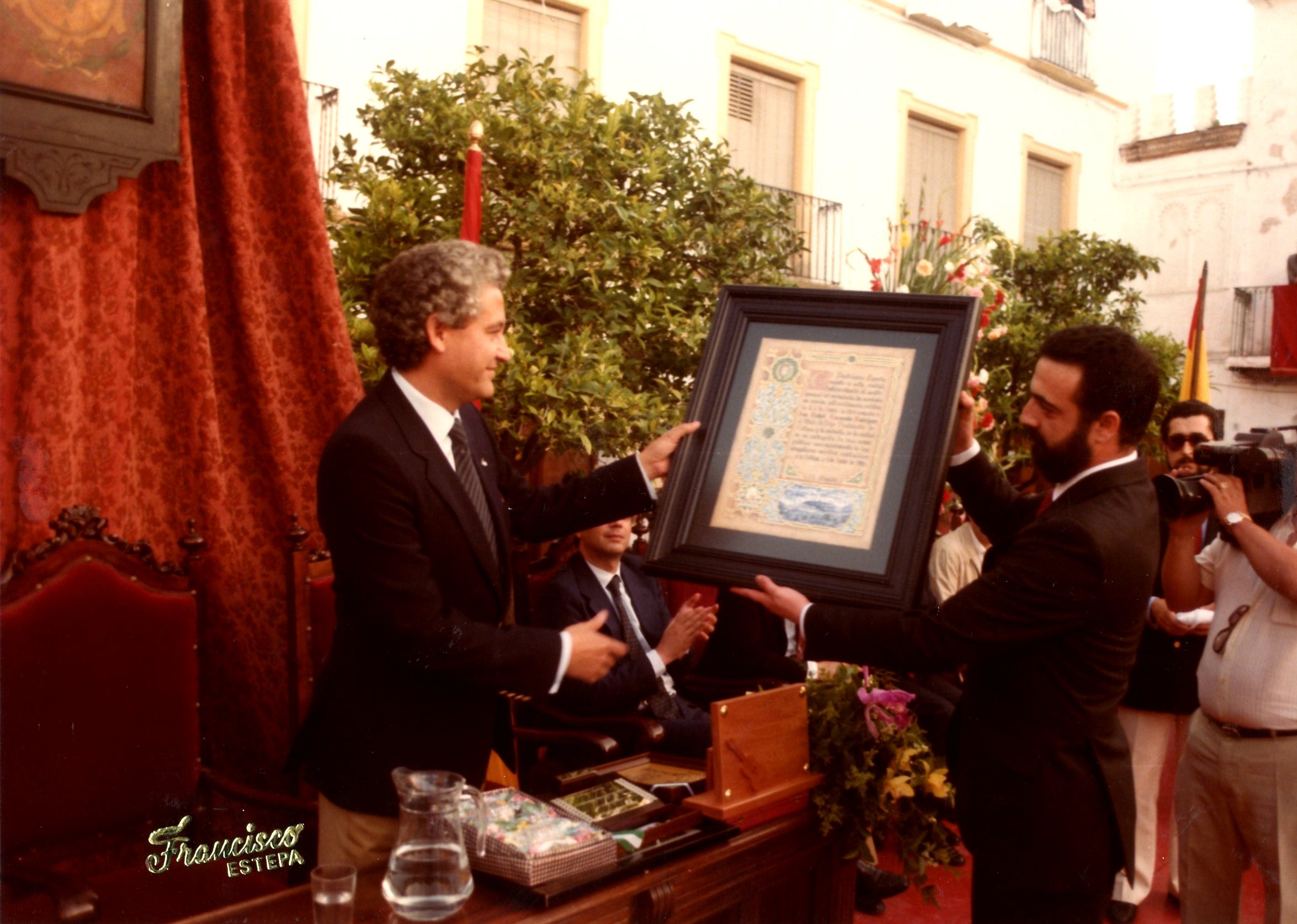Biography
Born in Estepa on February 20, 1944, where his maternal grandparents live, although he soon moved to Seville where his parents reside and work.
At age 6 he enters the French School of Seville, where he is in Primary Education, Elementary and Higher Baccalaureate, with a second language, French that makes him bilingual at the age of 16.
He does his Pre-University studies at the San Isidoro Institute in Seville.
In October 1961 he enrolled in the Faculty of Law of the University of Seville finishing his studies and law degree in June 1967; during all this university time he alternates his studies of Law with political and socio-cultural activities that lead him to be class delegate in his 2nd year of school, Delegate of Faculty in the third year and Delegate of the University District of Seville, in the last year of university.
Also during his university stage he is appointed President of the J.E.C. (Catholic Students Youth).
During the university period and in his capacity as Delegate of the Faculty, he participated in the 1st meeting of the Official SEU Union and the Student Movement, which marks a historic milestone in his political activity, which leads him to join the Spanish Socialist Workers Party “PSOE ” and UGT (Workers General Union) in 1965.

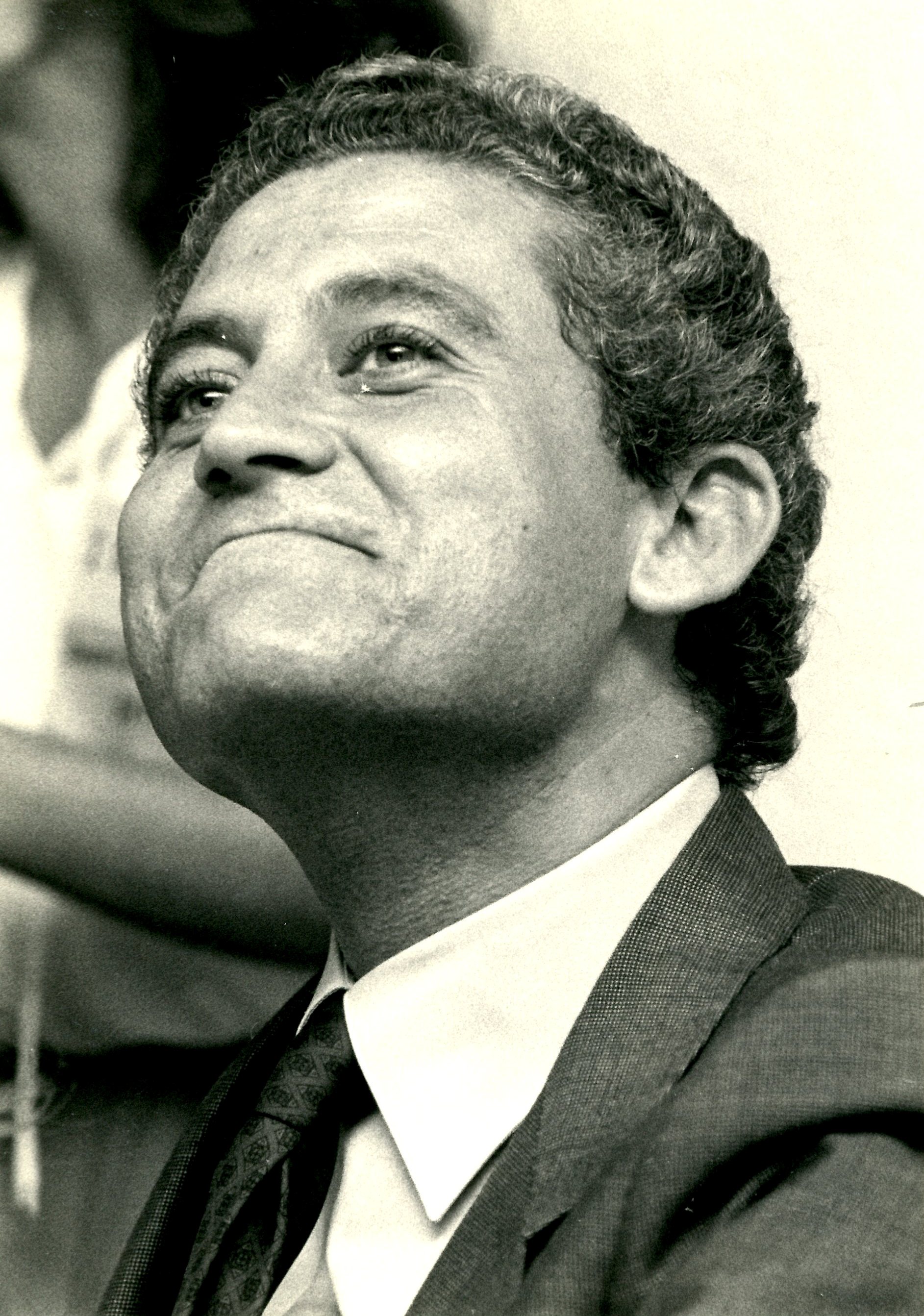
That same year he collaborates in the Chair of Labor Law, being its holder Miguel Rodríguez Piñero; He begins his doctoral thesis and gives practical classes in his capacity as Assistant Professor of said Chair.
In 1968 he finished his university militias in Cáceres and from that date he joined the first Labor Office in defense of workers, who months before Felipe González and Ana Ruiz-Tagle, had ridden in the city of Seville. In January 1969, he joined the Bar Association of Seville.
As Delegate of the Socialist Party, he travels throughout Europe, is part of the editorial team of The Socialist, and intervenes as a representative of the Socialist Party in the “Democratic Coordination Platform”, which was the last and unitary instance, since the Opposition would request abstention in the Political Reform Referendum held in December 1976.
From 1977, after the legalization of the PSOE in February and the convening of democratic elections on June 15, he became a Constituent Deputy for the Socialist Parliamentary Group and appointed fourth Secretary of the Bureau of the Congress of Deputies, an activity that makes compatible with the Vice Presidency in the Committee of Foreign Affairs.
In 1978 he was appointed Minister of Territorial Policy and Public Works, compatible with the Spokesman in the Permanent Council of the Junta de Andalucía.
On March 1, 1979, he was elected Deputy for the province of Seville, appointing him a month later as candidate for the Presidency of the Junta de Andalucía, by the PSOE.
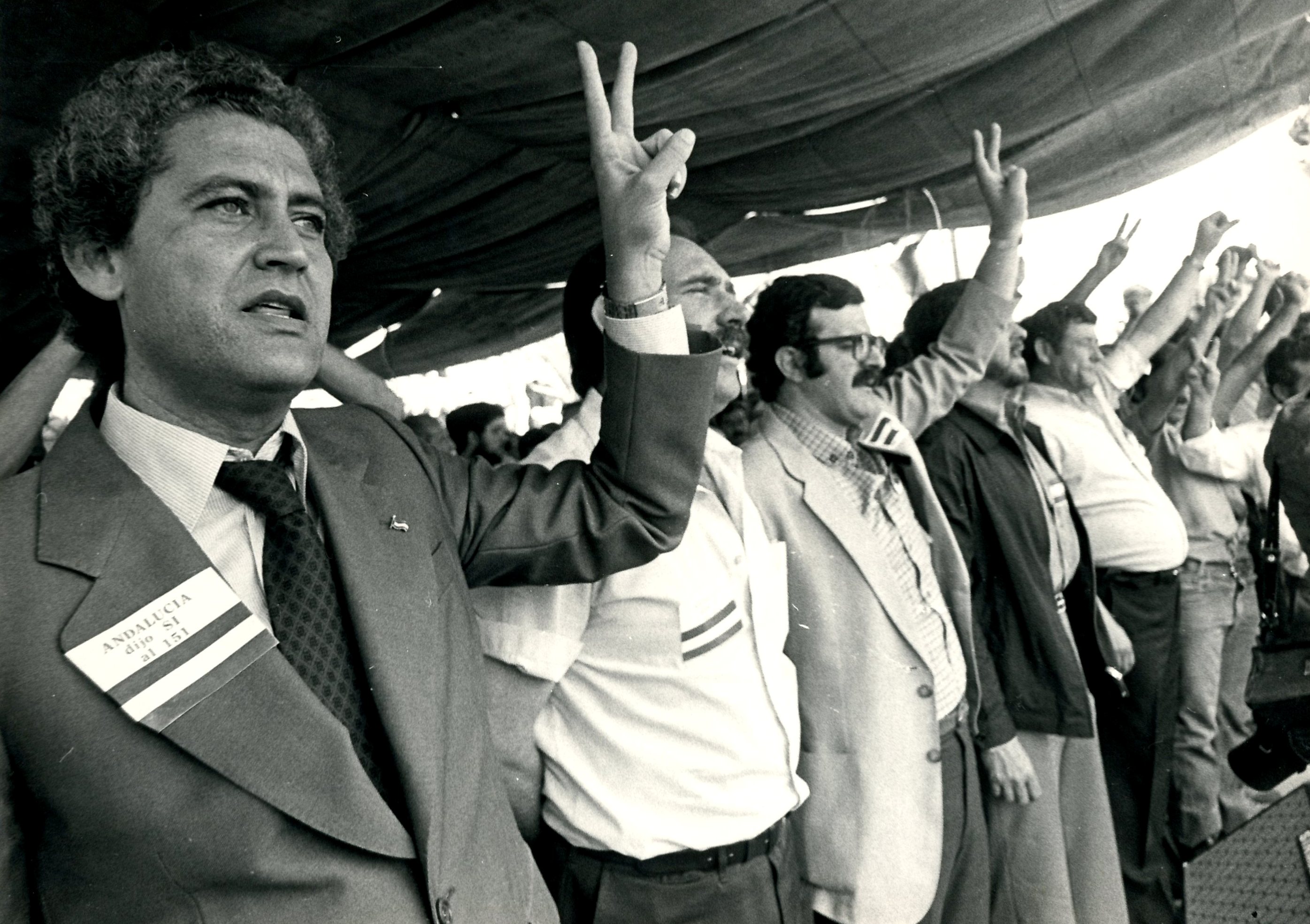
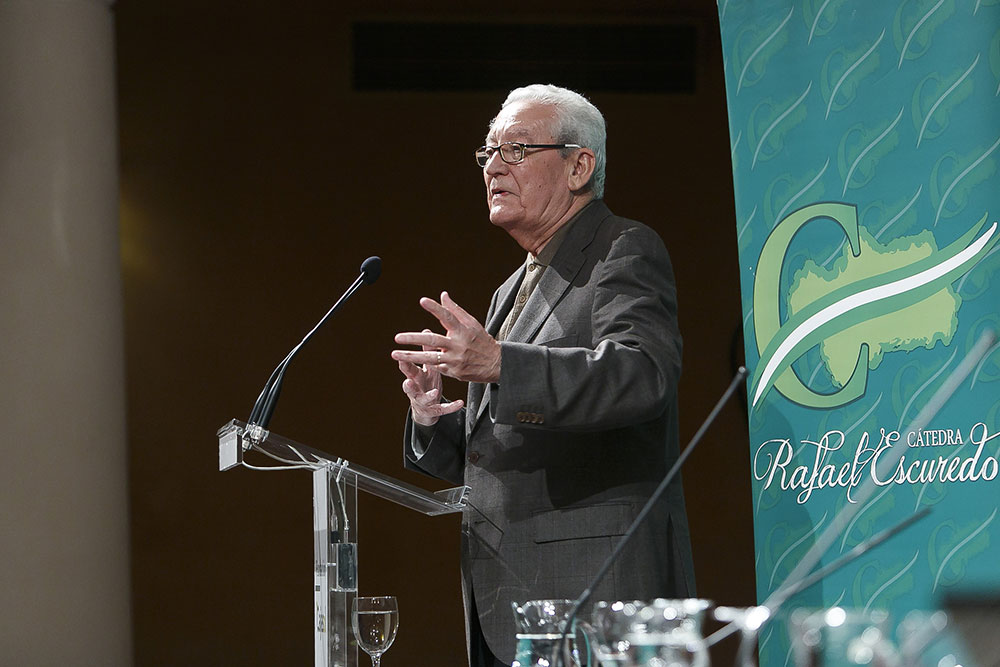
Being President, in an audience that his Majesty King Juan Carlos I, granted to the Permanent Council of the Junta de Andalucía, the “feeling of solidarity of the Andalusian people with the other national communities is raised, emphasizing that precisely because of this feeling of solidarity , the Andalusian people neither request privilege, nor will they admit them to others, but that patience put to the test in Andalusia cannot and should not be aggravated in indifference or misunderstanding ”.
Already in the summer of 1979, the path of the autonomous initiative for Andalusia will have been set in motion by way of article 151 of the constitution, which would receive the ratification of the 8 Provincial Councils and almost all of the Andalusian Town Halls.
Once the first Andalusian elections were held on May 23, 1982, the PSOE obtained the absolute majority, with 66 seats and on August 3, 1982, he swears his position as President of the Junta de Andalucía, where he remains until his resignation that occurs on the 16 February 1984.
In May 1984, he was named the Favorite Son of Estepa.
In June of that same year he moved his residence to Madrid, where he enrolled in the Madrid Bar Association, alternating his work and legal activities with his first publications in the form of articles, poems, collaborations with magazines as a writer , which takes you to the following publications:
Year 1994 A fugitive dream
Year 1999 A bad day
Year 2001 Women's things
Year 2004 Irredenta Andalusia: History of a passion
Year 2005 Leonor mon amour
Year 2009 I will be waiting for you
Year 2011 The white circle of fear
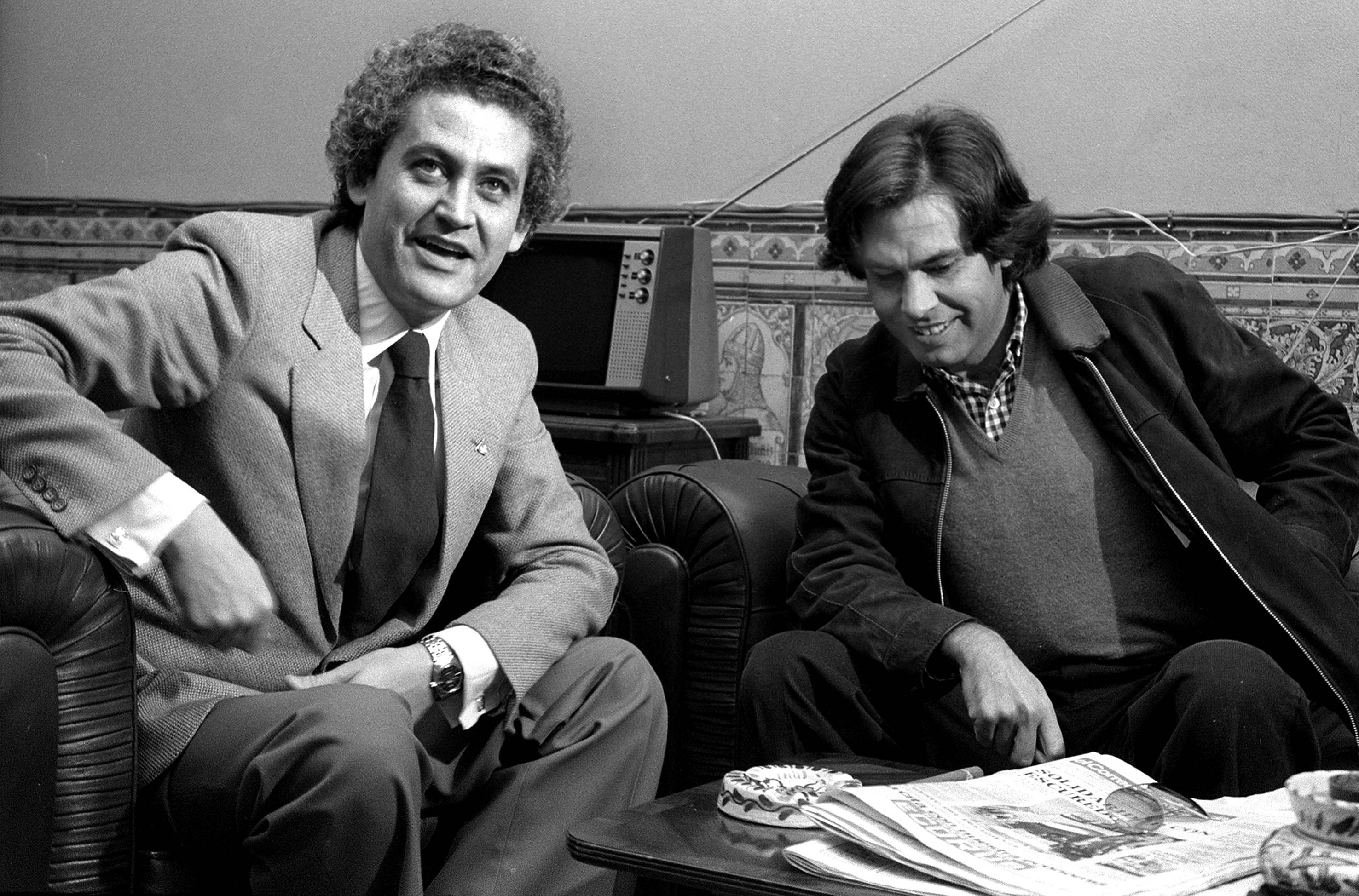
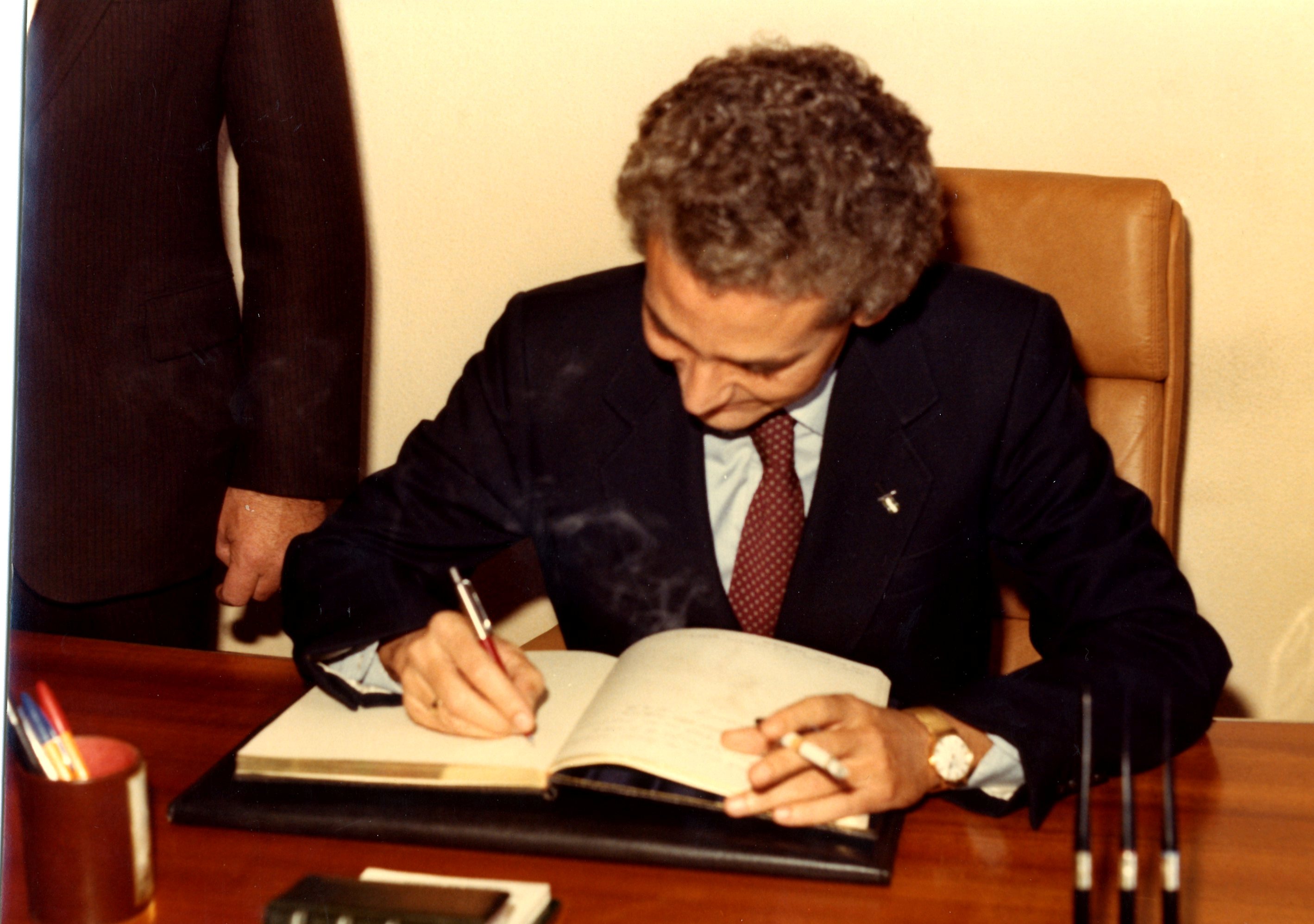
On February 28, 1985, he was named the Favorite Son of Andalusia –Gold medal-
From these years he is dedicated, mainly to his professional activity - Law - and representation in various companies; making it compatible, in addition to his literary and journalistic activities, and participation in different Associations and Foundations.
Here are some of these Associations and Foundations:
President of the BLU Foundation (Library of Universal Literature), a position he has held since 2005.
Member of the Board of Trustees of the General Archive of the Indies.
Patron of the Foundations: "María Zambrano", "Blas Infante", "Antonio Mairena", among others.
Advisor to the Institute of Culture and Arts of the City Council of Seville –ICAS-
In 2005 he was appointed Permanent Councilor of the Consultative Council of Andalusia, remaining until his retirement in 2009. He has been Elective Advisor of this body since 2011.
